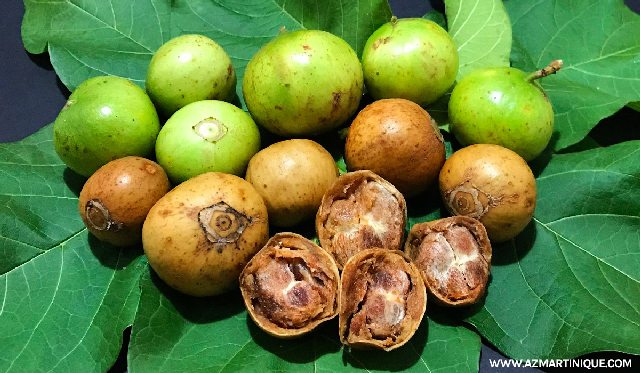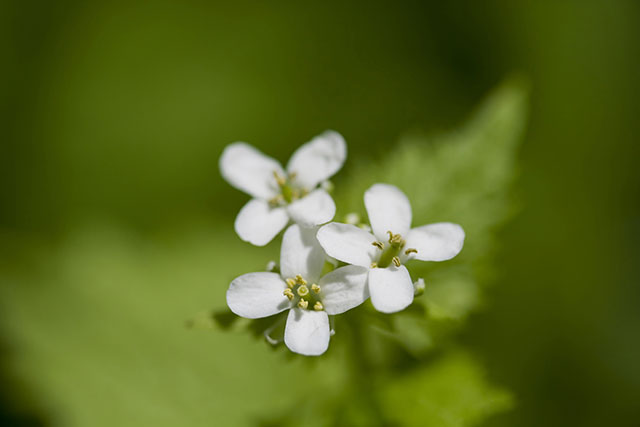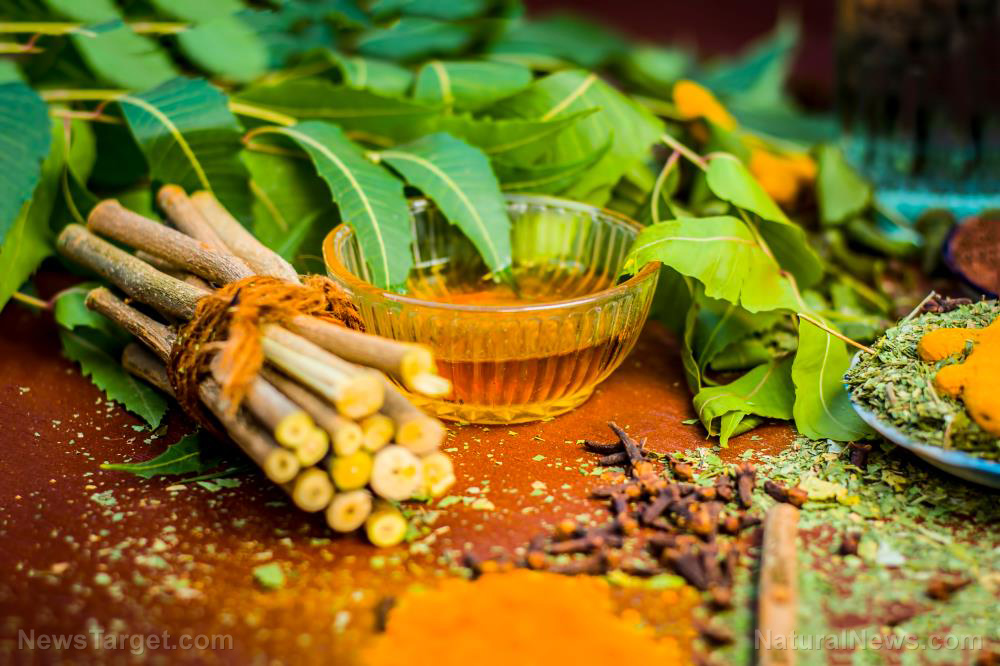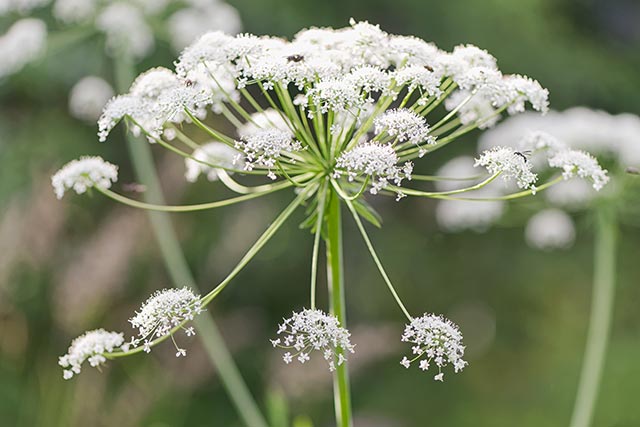This is why the heart-leaved moonseed is a beloved Ayurvedic medicine
11/02/2018 / By Ralph Flores
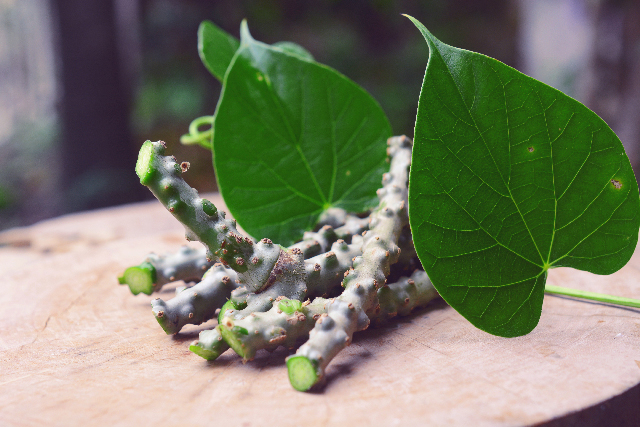
Researchers have found that the heart-leaved moonseed (Tinospora cordifolia), a plant native to the Indian subcontinent, contains antioxidant-rich phenolic compounds which are known to treat various diseases. The study, which was published in BMC Complementary and Alternative Medicine, took its cue from Ayurveda, where the plant is mentioned in multiple texts for its ability to treat conditions ranging from fevers and jaundice to chronic diseases like diabetes, skin disease, and even cancer. To understand the truth behind these claims, a team from the Manipal Academy of Higher Education (formerly Manipal University) in India investigated the antioxidant and anti-proliferative properties of the plant.
The heart-leaved moonseed is considered an important drug in the Indian Systems of Medicine, having been used in medicine since the ancient times. In traditional medicine, the herb – also known as the Indian bitter – is heavily prescribed for a lot of conditions, including urinary problems, skin diseases, cardiovascular diseases, and autoimmune disorders. Earlier studies have found that the extracts of the heart-leaved moonseed contained antifungal and antimicrobial properties, and combining it with turmeric can protect the liver from drug-induced toxicity, especially from those used to treat tuberculosis. An isolate polysaccharide from the plant has also been noted to protect the brain from oxidation, based on murine tests.
In this study, researchers looked at whether the plant could prevent the rapid spread of malignant cells, using a plant extract as well as its fractions. In particular, the team tested its antiproliferative activity against human cervical cancer cells (HeLa) in vitro. They also investigated the plant’s ability to minimize oxidative stress, in hopes of making it an adjuvant treatment in cancer progression.
100% organic essential oil sets now available for your home and personal care, including Rosemary, Oregano, Eucalyptus, Tea Tree, Clary Sage and more, all 100% organic and laboratory tested for safety. A multitude of uses, from stress reduction to topical first aid. See the complete listing here, and help support this news site.
“This is the first preliminary study which employed the stems of this plant as [a] potential source of antioxidant and cytotoxic agents,” the researchers said in their report.
The team obtained an ethanol extract (TCE) from the stems of the heart-leaved moonseed and fractionated it using petroleum ether (TCP), n-butanol (TCB), and water (TCA). All derivatives were then subjected to multiple assays to determine its phenolic and flavonoid contents, as well as its antioxidant properties. To measure the antiproliferative ability of the extract and its fractions, these were subjected to MTT and SRB assays using cervical carcinoma (HeLa) cell lines.
Researchers found that TCE and TCB offered better antioxidant and antiproliferative properties, compared to other fractions. In addition, TCB also displayed superior antioxidant activity, based on the DPPH assay, as well as the ABTS, nitric oxide, and iron chelating activities. Results from cell assays also revealed that TCE and TBC were cytotoxic against HeLa cell lines.
The researchers concluded that the heart-leaved moonseed indeed is a rich source of antioxidants, thanks to the number of phenolics that it has. They added, “T. cordifolia stem extracts have considerable antioxidant properties and the consumption of this plant may play a role in preventing human diseases in which free radicals are involved, such as cancer, cardiovascular disease, and premature aging.”
Regarding its ability to prevent the proliferation of HeLa cell lines, the team noted that the plant has the potential to be used in first-line treatments against cancer without the need for chemotherapy. They noted that more studies are needed to determine the possible mechanism of action and understand which phytonutrients are responsible for the plant’s anti-cancer properties.
Learn more about plants that are rich in antioxidants by following Herbs.news today.
Sources include:
Tagged Under: anticancer, antioxidants, Ayurvedic medicine, Cervical carcinoma, herbal medicine, Herbs, natural cures, natural medicine, plant medicine, remedies, Tinospora cordifolia

